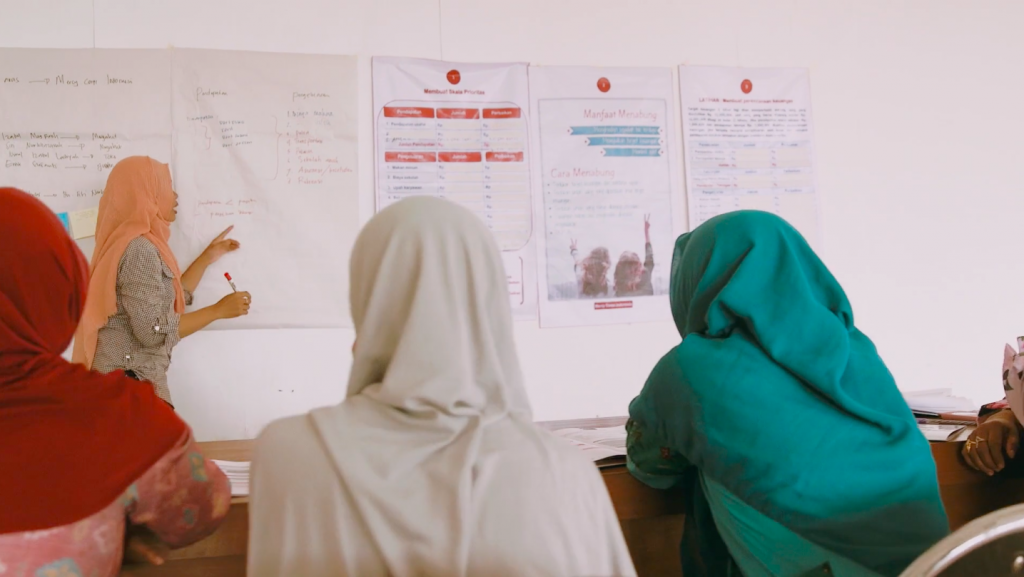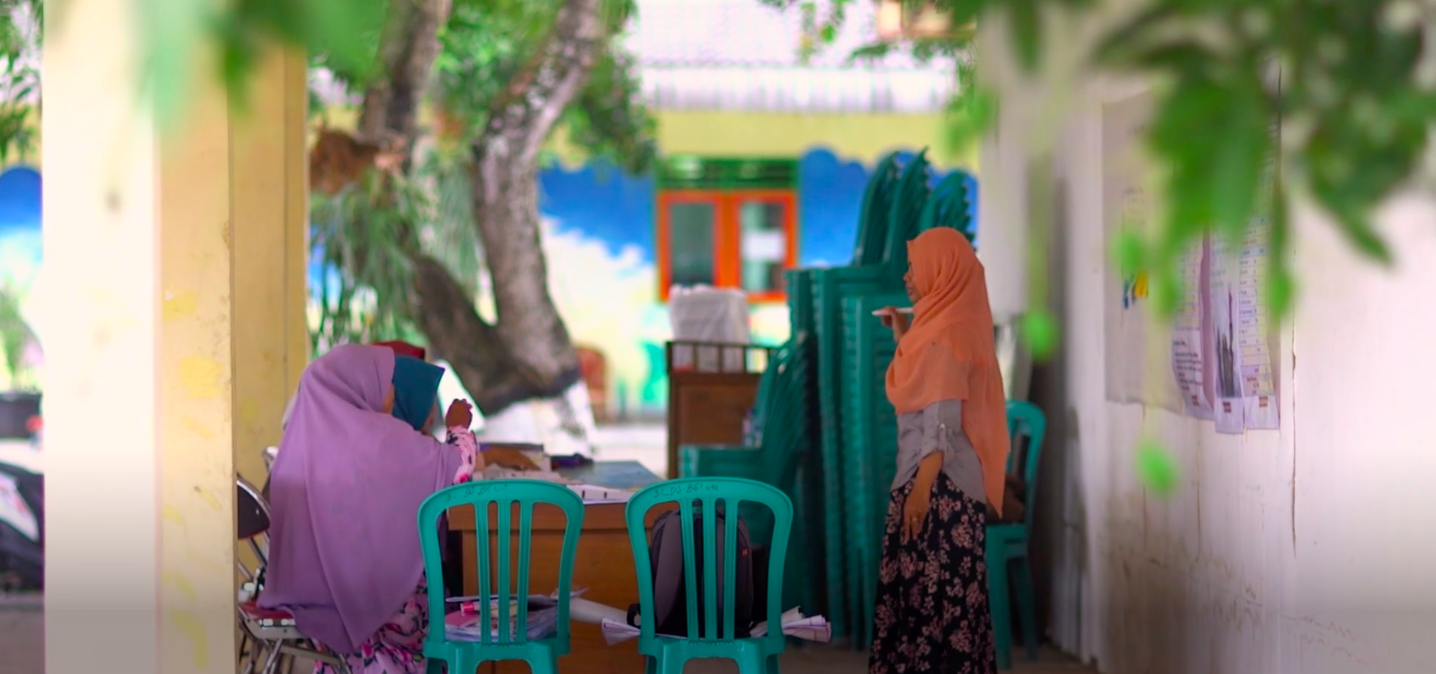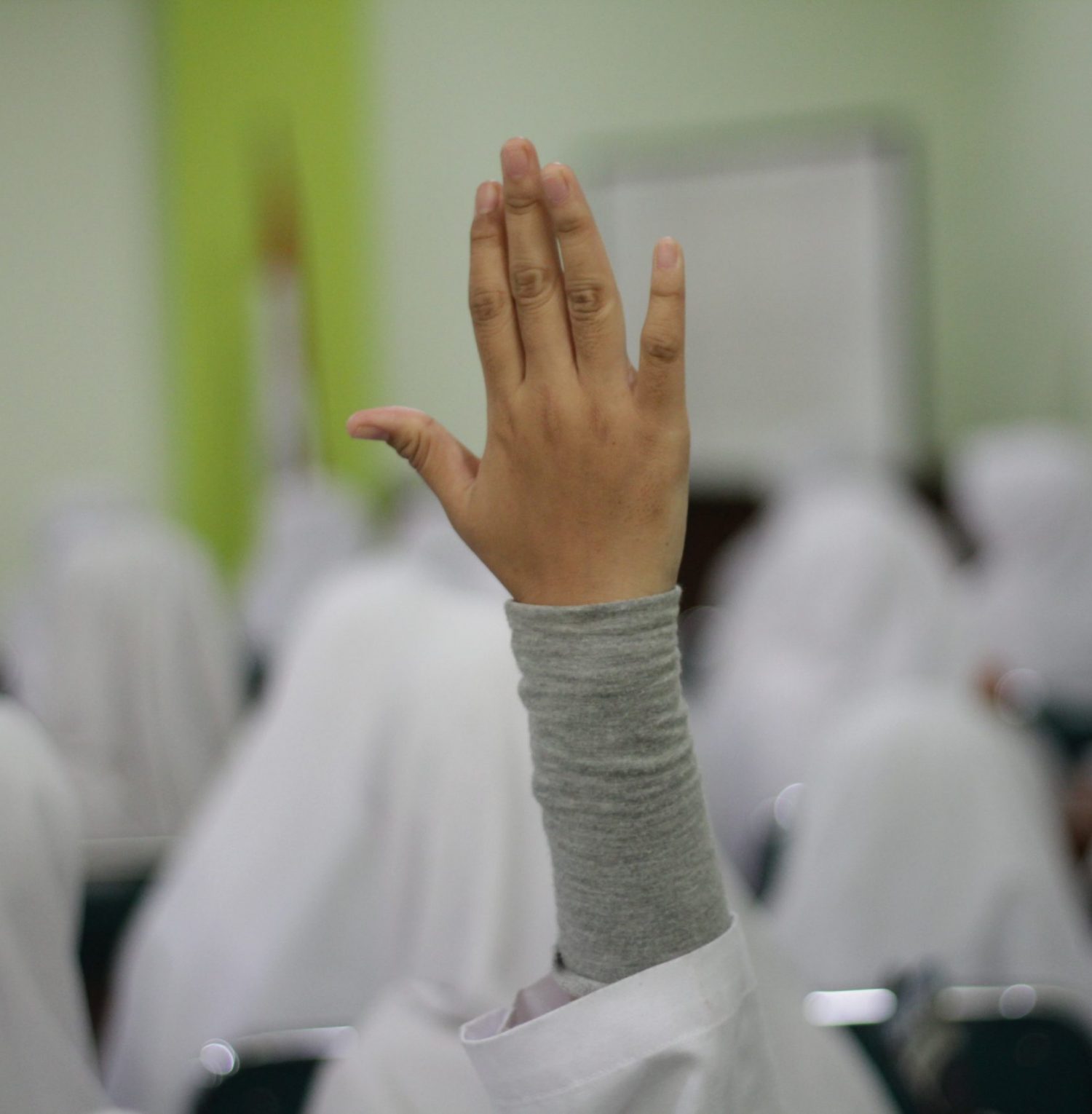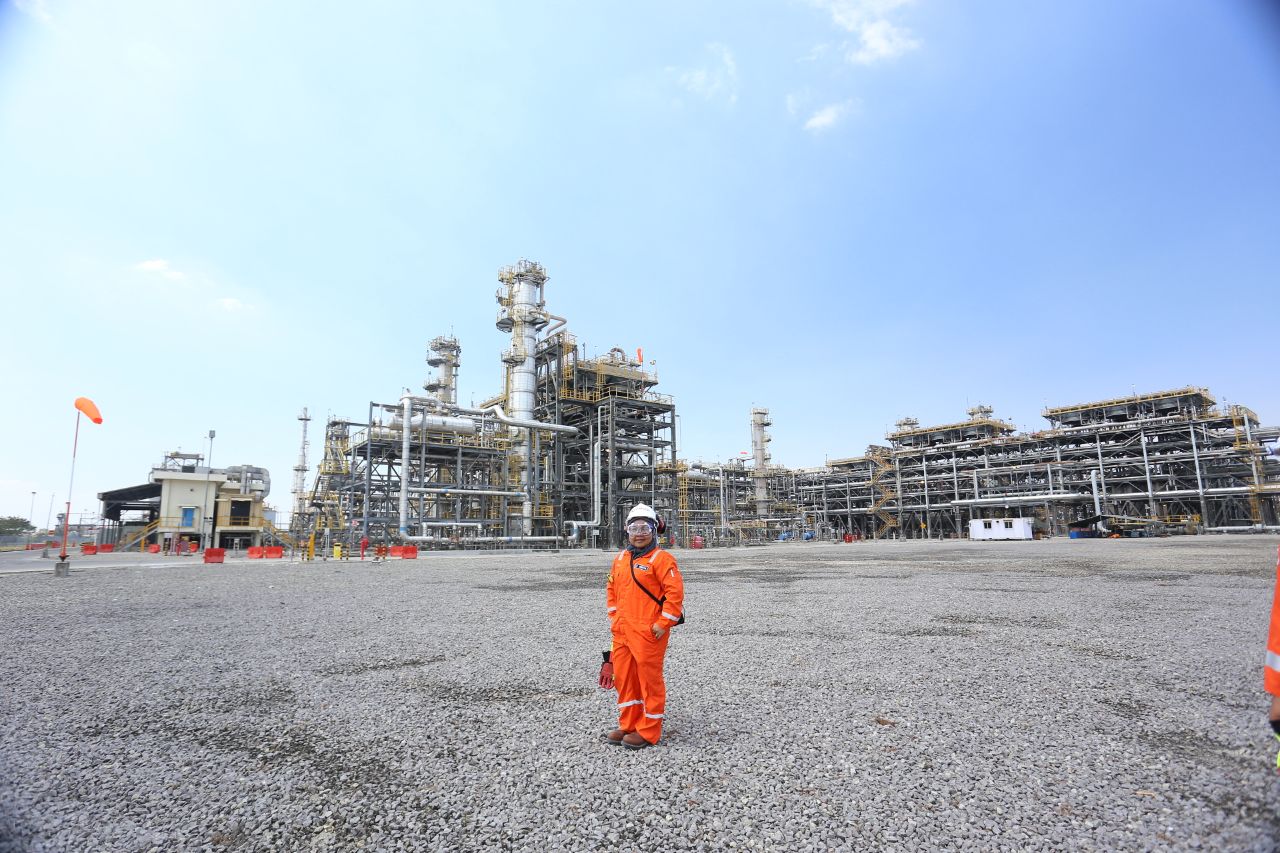How do you empower disadvantaged women to take control of their economic future?
“We started with one question: If we had one dollar to invest to empower women economically, how could we ensure that dollar had the most impact?” said ExxonMobil Foundation’s director of global community programs and strategy, Jim Jones.
A new study, funded by groups such as ExxonMobil Foundation and the Australian government, has answered that question, finding that access to savings is a game-changer that could enable millions of people to carve a path out of poverty.
The report, ‘Unequal Ventures,’ by independent think tank the Centre for Global Development (CGD), examined research across Asia Pacific and Africa to uncover the most effective methods for women’s economic inclusion.
Unequal Ventures examined the impacts of offering financial literacy education to female small-business owners while also encouraging bank owners to promote digital savings products.

Indonesian women were given education in accounting and finance.
It found women across 400 villages in Indonesia’s East Java province faced difficulties in opening bank accounts in their own name as well as access to business financing, due to distance from banks and male-oriented social and business norms.
But educating women about how to connect with banks and open savings accounts they controlled had enormous impacts not just on their families, but on their entire regions, as these women tend to reinvest the money back into their communities.
Banks were also encouraged to help women open digital savings accounts.
This financial education and control over their own savings also empowers women within their own homes.
Jones said the study reinforced ExxonMobil’s earlier research on financial inclusion in Indonesia that incubated the program She Counts. This initiative encourages banks to offer products designed for women so they can control their savings – and ultimately their own futures.
For Indonesian women like traditional batik maker Siti Nurhasanah, financial training and education about saving allowed her to improve the lives of more than 100 families by creating jobs.
“We learned about finances and expenses, bank affairs and money management,” Nurhasanah said about She Counts.
“I [now] want to open a big shop near the main road and hire more employees.”
Change from the ground up
The CGD report found that women business owners who received financial literacy training reported total savings 13.5 per cent higher than those without training, bolstering macroeconomic projections that women’s economic parity could add between $US12 trillion and $US25 trillion to global GDP by 2025.
ExxonMobil’s Women’s Economic Opportunity Initiative was also highlighted by the report as making a positive impact. The program has invested more than $US120 million in programs benefitting tens of thousands of women in more than 90 countries.
One of the report’s researchers, Mercy Corp program manager Glory Sunarto, said the initiatives were “trying to give the women a nudge to do daily savings”.
She said with the training, groups like ExxonMobil are, “helping to build trust in the system to secure [participants’] savings and make their own connection with the banks.”
Sunarto added that disadvantaged women were some of the biggest winners from financial education programs, which empowered them well beyond just their bank accounts.




